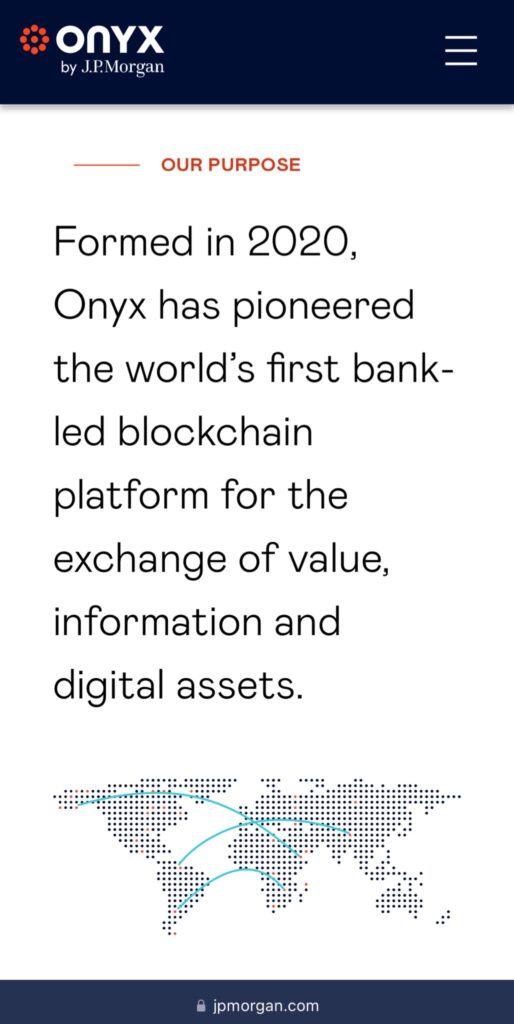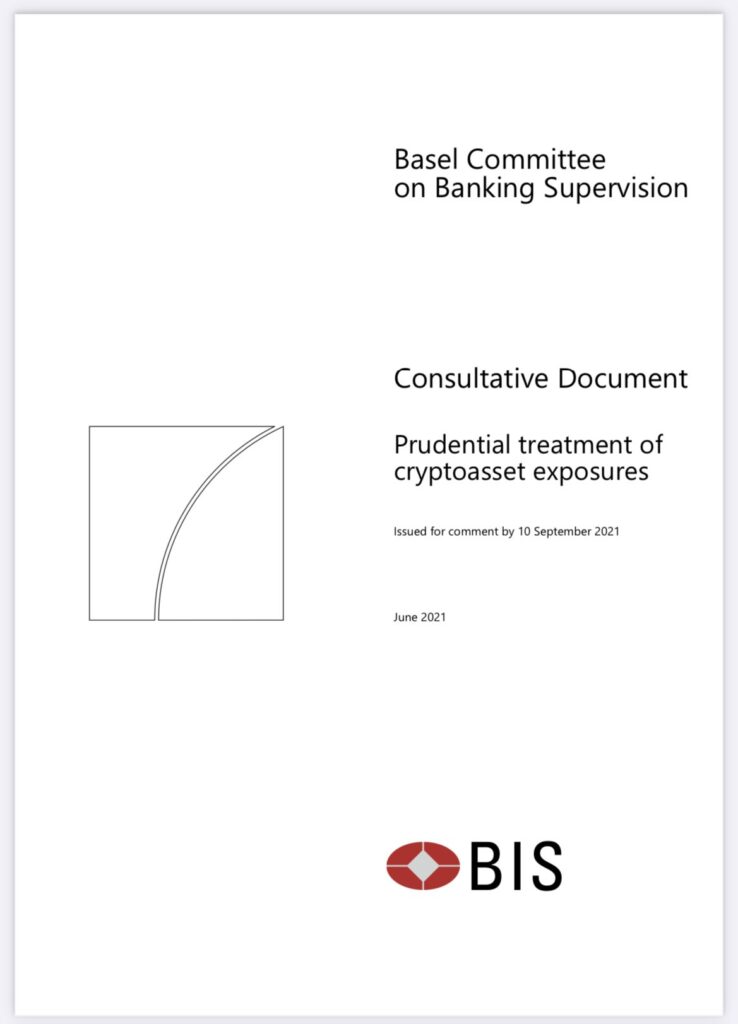Investment Banks love risk-free (for them) “fee business,” but as of late, their “structuring” divisions have been struggling quite a bit because you can easily get 5% from a Money Market fund.
Even if Jamie Dimon has been pretending to hate #Bitcoin, perhaps because he needs to play every side of DC political games, #JPM instead loves the #blockchain to a point they built one themselves already a couple of years back called ONYX (Picture 1). What about other banks? They have all been exploring the #crypto world in their own ways. Some like #MS have been more active in playing VC in promising #crypto ventures. Some like #GS bet hard on the #crypto IPO business. Some like #Nomura bet on Custody Services, building up their own custodian firm (in partnership with Brevan Howard).

What no investment bank dared to venture into yet was the #bitcoin structured products wholesale business. Why? Not because it wasn’t lucrative, but because banks nowadays don’t move a finger without being sure the regulator is onboard with them since they had really had enough about paying billions of retroactive fines. It was the opposite before 2008 when it was very popular to get things done first, then seek approvals (eventually). Furthermore, in 2021 the BIS recommended a 1250% RWA weight for any eligible #cryptocurrency a bank would hold outright (Picture 2). Translated, if a bank bought $1m worth of #BTC, they would have been required to post capital against it as if they bought $12.5m worth of #BTC. This, obviously, was a killer to any hope they held for dealing large volumes of business.

By now, I bet you all realized how the #BTC ETF kills the two ?? I mentioned above with one ??: Regulatory grandfathering + an ETF is a “security” so investment banks can dodge the 1,250% RWA BIS rule (although here I have a strong hunch the BIS will drop this down significantly in the near future to 150-200% max).
After the Spot #Bitcoin ETF, what comes immediately next will be derivatives on the Spot Bitcoin ETF. When even this last box will be ticked, all the minimum requirements to start issuing “legalized” wholesale structured products on Bitcoin will be met. Every bank will jump on this gravy train till it becomes overcrowded, and margins shrink as usual. Although at that point, you will likely already have an #ETH Spot ETF, and why not maybe even a #SOL Spot ETF, so banks can continue manufacturing structured products gaining chunky fees in the process. The more we look into the future, the more you can picture them becoming more aggressive, more creative with structures, and more pushy in lobbying regulators to let them bring more and more profitable business under their umbrella. I won’t be surprised to see Investment Banks running #crypto trading Dark Pools in the future or offering outright custodial business in your bank phone app.
The holy grail at the end of this road? Real World Assets Tokenization. Mark my words, whenever this goes mainstream, it will be the equivalent of a Big Bang in the financial world. Why? Because most of the assets and liabilities banks and financial institutions hold on their balance sheets, contrary to common perception, are very illiquid. For example, to trade a loan or a portfolio of credit card debt or a credit claim towards a client is a very tedious, time-consuming, and bureaucratic process that takes months at a time (at least). Imagine all these assets legally tokenized on the #blockchain and free to be exchanged between banks only with a few clicks and approval. Boom ?? ??
Every marathon begins with one step, and the marathon that will end with the #blockchain fully integrating into our day-to-day life like it happened to the internet 20 years back (when everyone was deeming the internet a worthless technology only good for bubble speculation), just started.
Read on TwitterX.
